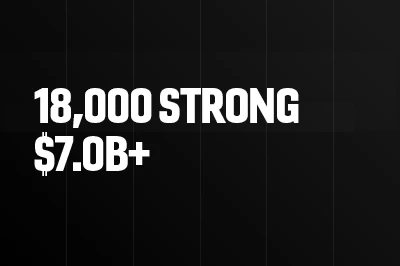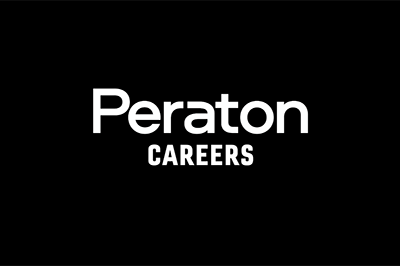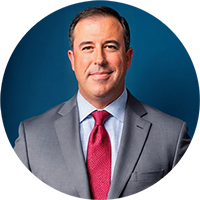“Security is like brakes on a car – not to slow you down, but to give you the confidence to go faster.” – Peraton Chief Security Officer, Christy Wilder.
The Peraton leadership series spotlights executives and employees as they tell their stories and share their insights and ingredients to success. Chief Security Officer, Christy Wilder is responsible for maintaining Peraton’s safety and security through the development of security strategies, risk management initiatives, incident response preparedness, and safety protocols. Christy’s experience comes from private and government sectors, overseeing enterprise-wide security programs amongst industry leaders and serving as deputy director of the Defense Counterintelligence and Security Agency.
What kind of challenges do you regularly face as a CSO?
Well, there are the day-to-day challenges of ensuring we have the right people in the right place at the right time in this ever-changing environment. Many of our programs require specialized expertise and clearances, so moving people around with short notice to meet the needs of the new or growing programs can sometimes be challenging. Fortunately, we have a highly capable security team with broad and specialized expertise, as well as the necessary clearance levels, to quickly pivot between programs and flex to cover the front.
At a more strategic level, I’m sometimes challenged with ensuring security is viewed as the strategic partner that I know it can be. It is true that security professionals are oftentimes the frontline to granting access to buildings, information and IT systems, or the first to call for safety and compliance needs, however, security also is uniquely positioned between programs and customers, enabling them to proactively identify potential issues, as well as the first to identify the solution.
One of my former mentors used to say, “The people closest to the problem are usually the ones closest to the solution.” I truly believe this having started my career as an entry-level Background Investigator out of Fort Jackson, SC. I fully appreciate the people that are closest to the mission, which includes the associated challenges and solutions.
How do you balance enabling innovation while maintaining enterprise security?
Some of my most rewarding and self-gratifying moments in my career have been solving challenging problems, bringing people together around a table to tackle a big issue or innovate outdated processes. I truly love working alongside the programs to better understand their missions, what role security plays in enabling the business and how we can better align ourselves to deliver innovative solutions to our customers. These are the things that I’ll often reflect on as I evaluate if progress is being made.
With that said, I try to strike a balance between the things that energize me (e.g., strategic engagement, networking, connecting talent, etc.) and ensuring we maintain a sound security posture. I do this by balancing my time and providing opportunities for meaningful conversations across the entire Security portfolio.
If you had to say, what is your “superpower”?
I’ve been told over the years by those that know me best that they see me as a “connector,” someone that brings people together. And I think this is probably spot on. I love introducing people that complement each other and wouldn’t otherwise cross paths to solve some of our biggest challenges and make magical things happen.
How has AI impacted the threat landscape and modernized defense strategies?
The threat landscape is an ever-changing environment, so I believe security professionals across the board would agree that we shouldn’t be complacent with current processes but continue to explore opportunities to introduce new capabilities and tools, such as AI. Specifically, AI capabilities can more efficiently and effectively enable practitioners to identify and mitigate today’s threats, especially those posed by individuals with access to our most critical information, systems and more importantly, workforce.
My background is deeply rooted in personnel security. My federal career began as a background investigator and rounded out overseeing the government’s personnel vetting processes at the Office of the Director of National Intellgence and serving as a Deputy Director, Personnel Vetting, Defense Counterintelligence and Security Agency before moving to industry. While AI won’t replace human input and oversight as part of our personnel vetting processes, I do think that AI will supplement and optimize processes by collecting information from platforms that are not currently being leveraged today, compile and analyze disparate data sets identifying patterns and mitigating threats and improve productivity and efficiencies across industries.
Do you have a motto that motivates and encourages you through challenging times?
“Tomorrow is another day”. It reminds me that no matter how difficult today is, it’s not the end of the story. There’s always time to reset, regroup, and try again the next day.





